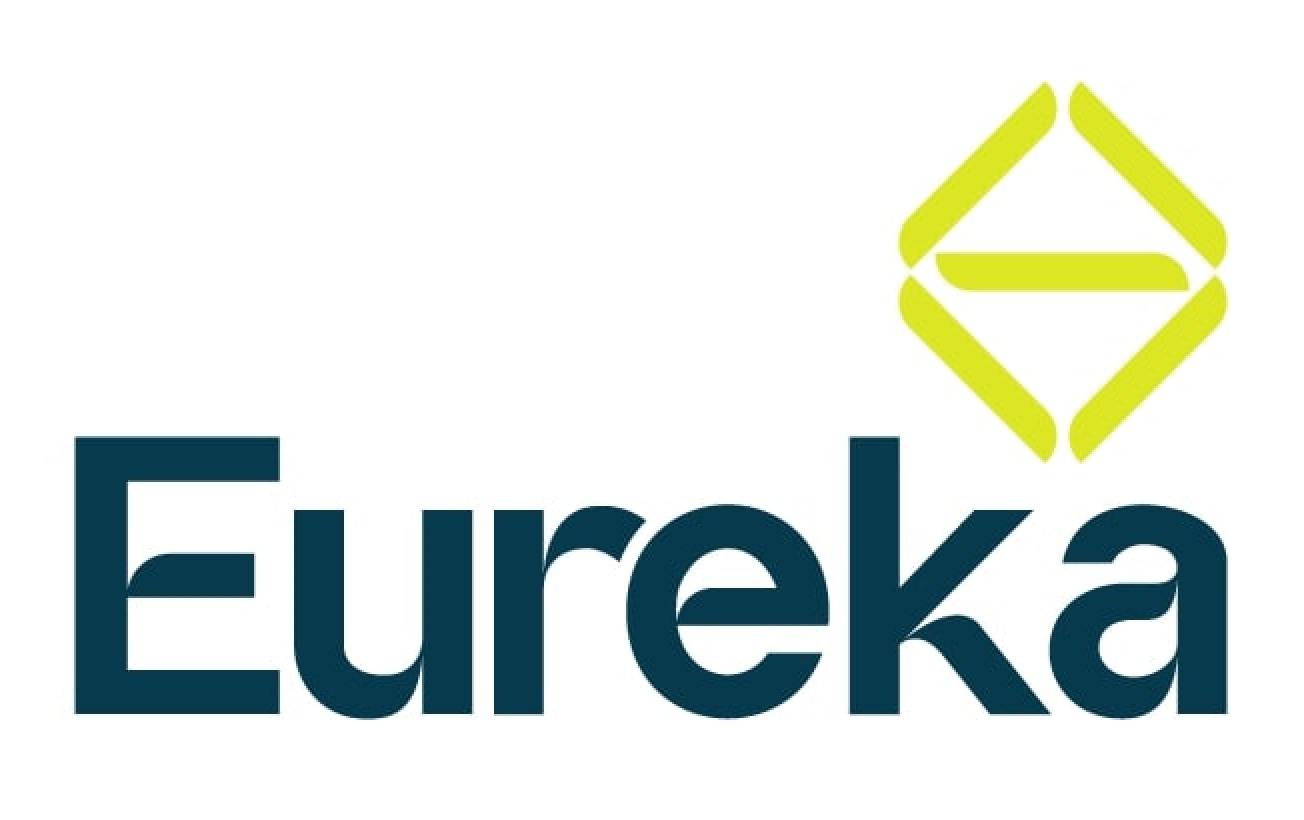Creating an inclusive interview process
Often overlooked in the hiring process is the need to remove any biases and create a welcoming and safe environment for diverse candidates. Inclusivity is essential for both employees and job seekers. As an employer, you hold a lot of power in creating a positive and equal experience for candidates during the interview process. Read on to discover tips to ensure you eliminate unconscious bias, create a supportive space, and bring a diverse and talented team to your organisation.
Review your job description
It is essential to review job descriptions and ensure they embrace diversity and inclusion. Make your job postings culturally sensitive to attract and include a diverse pool of candidates. Recruiting candidates from a universal background requires job descriptions that are fair and precise. If you are posting in different states or countries, research and understand the cultural differences in hopes to adjust your post accordingly.
Diversify your interview process
To have an inclusive interview process, diversity must be embraced at all levels. Therefore, diverse interview panels must be included in the interviewing process. This will ensure that each candidate is getting a fair opportunity at the job. Diversity allows for a variety of perspectives and opinions, giving the candidate a complete view of their potential employer. As you build your panel, ensure that it is genuinely diverse and understand the benefits it holds.
Ensure the interview space is inclusive
Inclusivity in the interview location is sometimes overlooked. You want to ensure that the space feels welcoming and accommodating to all candidates. First, ensure the location is accessible in case of a disability. Does the candidate have a wheelchair, mobility issues, or have any special needs that should be considered? These things should be looked at before the interview starts to ensure comfortability from the start. You also want to make sure all interviewees are assessed equally in terms of how they are seated and the space they occupy to create an even space. Ensure the office is free from any stereotypes and reference to race, gender, and other divisive matters.
Remove bias and prejudice questions
Another essential aspect of the interview process is ensuring the questions are fair and free from prejudice. Providing clear and precise questions will ensure that all candidates can provide equal answers. Ensure the interviewer is provided with adequate and robust guidance in advance, particularly in the questions to be asked. These questions should not stem from biases or stereotypes, as it is not welcoming and might lead to making the candidate feel uncomfortable. If you are questioning the candidates, avoid starting a sentence with, "in your country" or "you look like you are from," as it is compromising the process' fairness and integrity.
Follow-up effectively with all candidates
Regardless of the hiring outcome, all candidates deserve equal respect and communication regarding further employment processes. Ensure you follow through whatever you agree with them, and if anyone is unsuccessful, give them feedback on what and how they could improve for future interviews. This fosters an atmosphere of fairness, honesty, and equality. Candidates who don't receive feedback after the interview might feel alienated, leading to a lack of diversity in recruitment in the future.
Creating an inclusive interviewing process with consideration for diversity and inclusion is essential. By reviewing your job description, diversifying your interview panel, creating an inclusive location, providing fair and unbiased questions, and following up effectively with all candidates, you are fostering an environment of fairness, honesty, and diversity. This will help your organisation hire and welcome diverse and talented employees, which is a win for both job seekers and employers. Inclusive interviews foster a better work environment, saves time, and ensures equality. Implementing diversity and inclusion in interviews could be a game-changer in your hiring process, and it all starts with key hiring stakeholders taking the steps to foster a better environment.
Recent insights


Contact us
'Eureka' is a registered trademark in the United States of America (no. 7447690) and Great Britain and Northern Ireland (no. UK00003894712).


